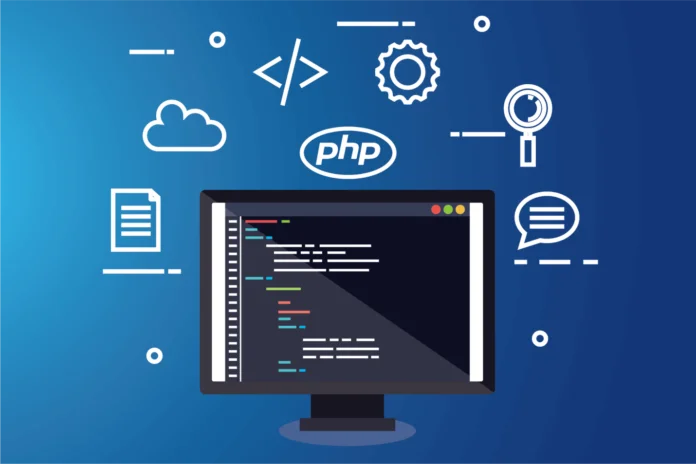The advent of online coding classes has revolutionized the landscape of education, particularly in the field of computer science and programming. These virtual learning platforms have transformed academic journeys for countless students worldwide, making coding education accessible, interactive, and empowering. In this article, we explore how online coding classes have reshaped academic journeys and opened up new opportunities for learners of all backgrounds and aspirations.
Accessibility and Inclusivity
Online coding classes have broken down traditional barriers to education, making coding accessible to students regardless of their geographical location. Learners from remote areas or regions with limited access to coding institutes can now access high-quality coding education at their fingertips. Additionally, online coding classes cater to diverse age groups, from school students to working professionals, creating an inclusive learning environment.
Flexible Learning Options
Traditional brick-and-mortar coding institutes often have fixed schedules, limiting students’ flexibility in managing their academic and personal commitments. Online coding classes, on the other hand, offer flexible learning options. Students can choose self-paced courses or attend live sessions that fit their schedules. This flexibility empowers learners to balance coding education with other responsibilities, such as school, work, or extracurricular activities.
Customized Learning Experience
One of the most significant advantages of online coding classes is the ability to provide a customized learning experience. These platforms leverage technology to assess students’ proficiency levels, learning styles, and areas of improvement. Based on this data, the classes tailor the curriculum and learning resources to suit each student’s individual needs. Customized learning ensures that students receive targeted support, enabling them to progress at their own pace.
Expert Guidance from Industry Professionals
Online coding classes often feature instructors who are industry professionals or experts in the field of computer science. This direct interaction with experienced programmers enriches students’ learning experiences. Learners gain insights into real-world coding practices, industry trends, and best practices. Expert guidance from professionals helps students develop a deeper understanding of coding concepts and prepares them for future career opportunities.
Interactive Learning Tools
Online coding classes leverage interactive learning tools to engage and immerse students in the learning process. Virtual coding environments, coding challenges, gamified exercises, and live coding sessions make learning enjoyable and stimulating. These interactive tools promote active participation and problem-solving skills, transforming coding education into an engaging journey.
Community and Collaboration
Online coding classes foster a sense of community among learners. Students can collaborate with peers, engage in coding discussions, and seek help from fellow learners. This collaborative learning environment encourages knowledge sharing, peer support, and healthy competition. The sense of community instills a spirit of camaraderie among coding enthusiasts, enhancing the overall learning experience.
Continuous Progress Tracking
Online coding classes often feature progress tracking mechanisms that allow students to monitor their growth and achievements. Data on completed projects, coding challenges, and quiz scores provide students with valuable insights into their strengths and areas that need improvement. Continuous progress tracking motivates learners to strive for excellence and set achievable goals.
Lifelong Learning and Upskilling
Online coding classes promote lifelong learning and upskilling. The availability of diverse coding courses and specialization options allows learners to continually expand their coding knowledge. Students can explore new programming languages, cutting-edge technologies, and emerging fields in computer science, positioning themselves for career advancement and staying relevant in a rapidly evolving tech industry.
Conclusion
Online coding classes have transformed academic journeys by democratizing coding education, offering flexible learning options, and providing a personalized and engaging experience. These virtual platforms have bridged the gap between aspiring coders and industry professionals, enabling students to unlock their coding potential and pursue fulfilling career paths. As online coding classes continue to evolve and expand, they will continue to play a central role in shaping the future of coding education, empowering learners to thrive in the digital age.

